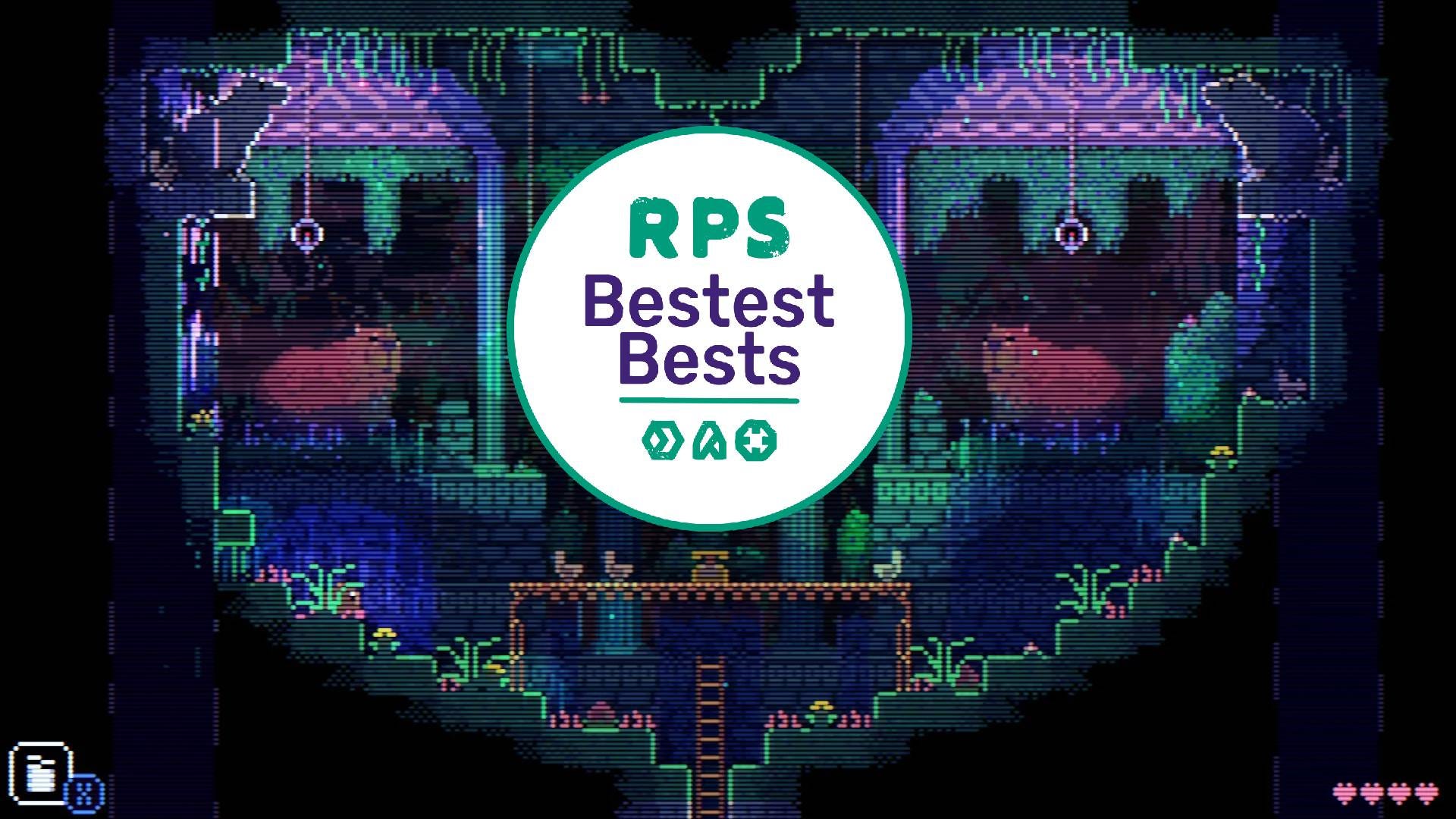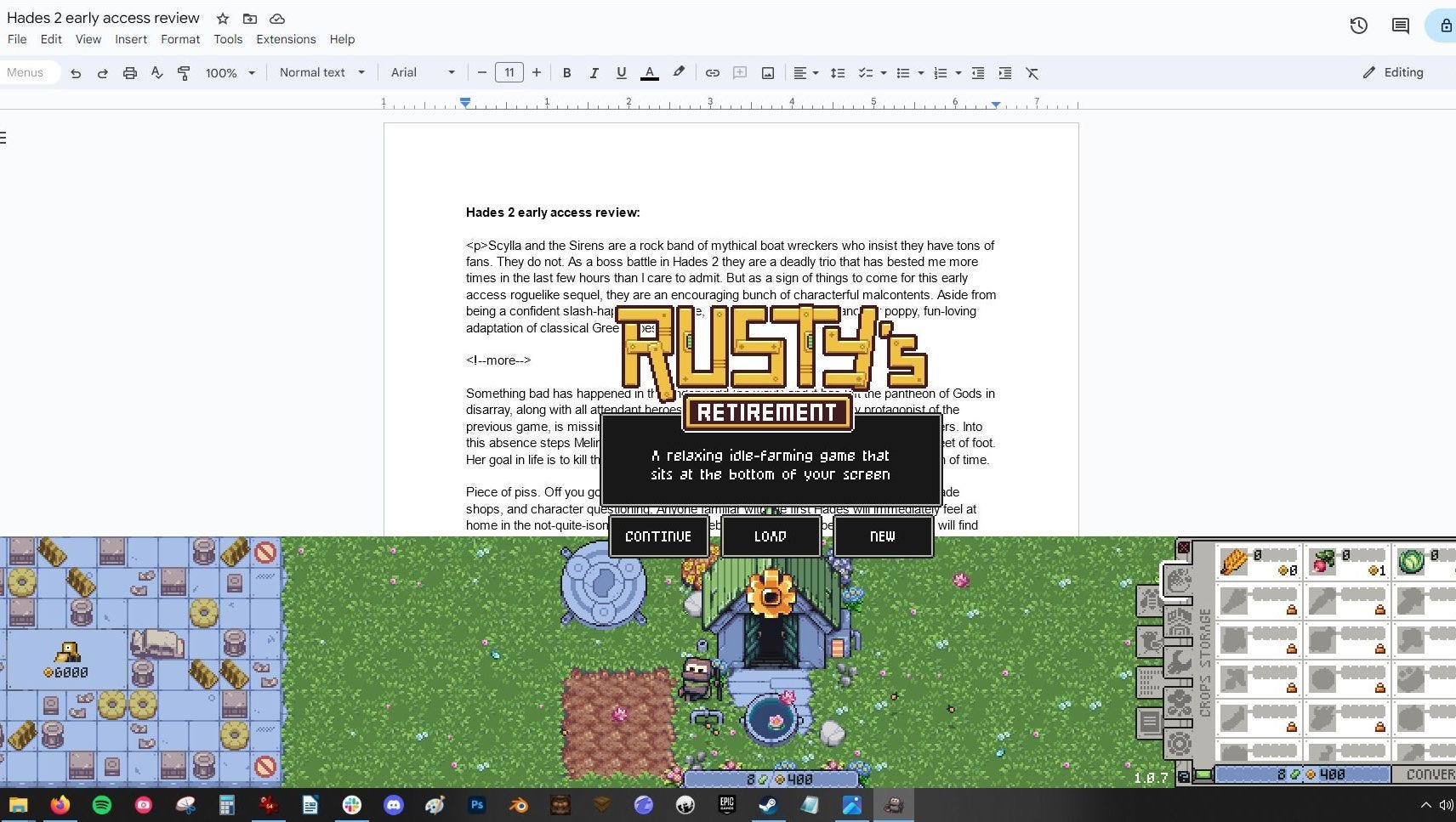The boss of Xbox Game Studios reportedly told Bethesda staff “we need smaller games that give us prestige and awards” just a day after shutting down Hi-Fi Rush developer Tango Gameworks.
The Verge reported on the remarks after it emerged that Tango Gameworks was in the process of pitching a Hi-Fi Rush sequel and wanted to hire additional staff before its sudden closure. Similarly, Arkane Austin had hoped to make another immersive sim in the Dishonored vein that would have required staffing up before it was shut down.
The report, which sheds additional light on the shock closures of Tango Gameworks and Redfall developer Arkane Austin, claimed Xbox leadership felt that the overall studio system was “spread too thin,” with Xbox Game Studios chief Matt Booty reportedly likening it to “peanut butter on bread.”
IGN first broke the news of the closures on Tuesday along with a report that Arkane Austin was working on DLC for Redfall before it was closed.
Xbox leadership held a town hall meeting with ZeniMax staff on Wednesday, May 8, and during it attempted to answer key questions around the decision to close a number of Bethesda studios, one person who was in attendance told IGN. Microsoft has declined to comment.
IGN understands that Booty told staff the closure of Arkane Austin was not about the failure of last year’s disastrous Redfall, rather about the future prospects of the studio. Bloomberg’s Jason Schreier has reported that ZeniMax was under pressure to make significant cuts, and chose Tango Gameworks and Arkane Austin because they were in the process of pitching projects that would have required increased investment, rather than studios already working on greenlit games. One person in attendance at the meeting told IGN that the suggestion was that because these studios were currently pitching new games, they had the weakest legs to stand on when it came to picking who to cut.
IGN also understands that the line about studios being spread too thin potentially includes Xbox studios, too, so not just those under Bethesda owner ZeniMax’s umbrella. There is now increasing concern that other Xbox studios may face the chopping block as Microsoft continues to make cuts to its gaming business.
Tango Gameworks’ critically acclaimed rhythm action game Hi-Fi Rush was deemed a success upon its launch. It shadow-dropped straight into Game Pass on Xbox and PC, and was sold outside the subscription service priced $30. Last year, amid reports that Hi-Fi Rush had failed to sell well enough, Aaron Greenberg, vice president of Xbox games marketing, insisted that Hi-Fi Rush “was a break out hit for us and our players in all key measurements and expectations. We couldn’t be happier with what the team at Tango Gameworks delivered with this surprise release.”
In the town hall meeting, Booty reiterated that Hi-Fi Rush was a success, but, according to a person in attendance, staff were told the factors for that success had changed in the year since, and so the studio’s prospects had lowered. As has been reported, Tango Gameworks had pitched Hi-Fi Rush 2 as a follow-up project. IGN understands the Hi-Fi Rush 2 pitch was rejected in part because it was deemed too expensive.
Microsoft failed to provide a clear answer when asked about the current factors of success at Xbox, but it seems that Game Pass users are no longer the be-all and end-all of Microsoft’s gaming ambitions, as they once were just a few years ago, and that selling video games on as many platforms as possible is increasingly important.
Microsoft has faced tough questions around the potential cannibalization effect of Game Pass, particularly on games that launch on the service day-one. While Xbox executives have insisted sales can be boosted by a game’s presence on Game Pass, some publishers remain unconvinced. Unlike Microsoft, console rival Sony does not release its new exclusives straight into its subscription service. And, according to The Verge, Microsoft is currently debating whether to release this year’s Call of Duty game straight into Game Pass, potentially negatively impacting sales of the full-price mainline release.
But what has prompted Microsoft to make these cuts to ZeniMax in the first place? In January, Microsoft announced plans to axe 1,900 staff from its video game workforce, a devastating round of layoffs that follows the company’s $69 billion acquisition of Call of Duty owner Activision Blizzard. Microsoft, currently worth more than $3 trillion, faces declining revenue year-over-year for its gaming business when Activision is taken out of the equation, as well as stagnant Game Pass subscriber growth. Sales of Xbox consoles have collapsed and, according to Xbox boss Phil Spencer, the video game industry is failing to grow meaningfully. Add this to reported increased internal scrutiny on Microsoft’s gaming business following the Activision Blizzard acquisition, and you have a recipe for disaster.
Meanwhile, staff across Microsoft’s gaming business face an increasingly anxious time. John Johanas, creative director at Tango Gameworks and director on Hi-Fi Rush, reacted to Booty’s quote about Xbox needing “smaller games that give us prestige and awards” in devastating fashion:
Wesley is the UK News Editor for IGN. Find him on Twitter at @wyp100. You can reach Wesley at wesley_yinpoole@ign.com or confidentially at wyp100@proton.me.



